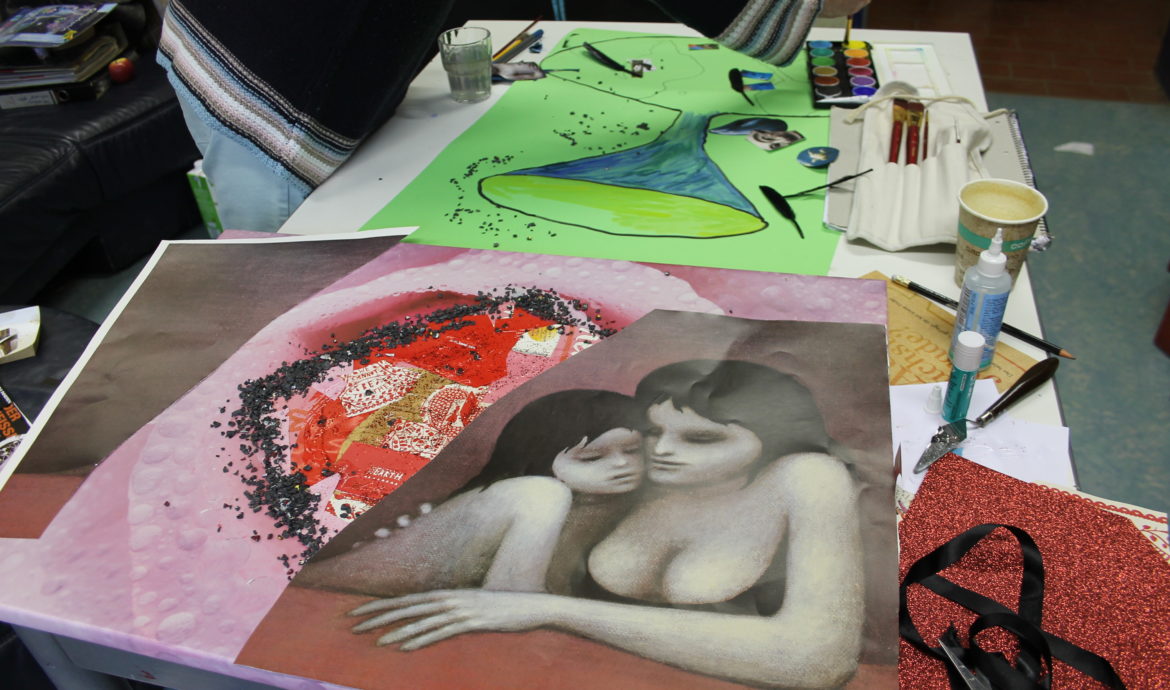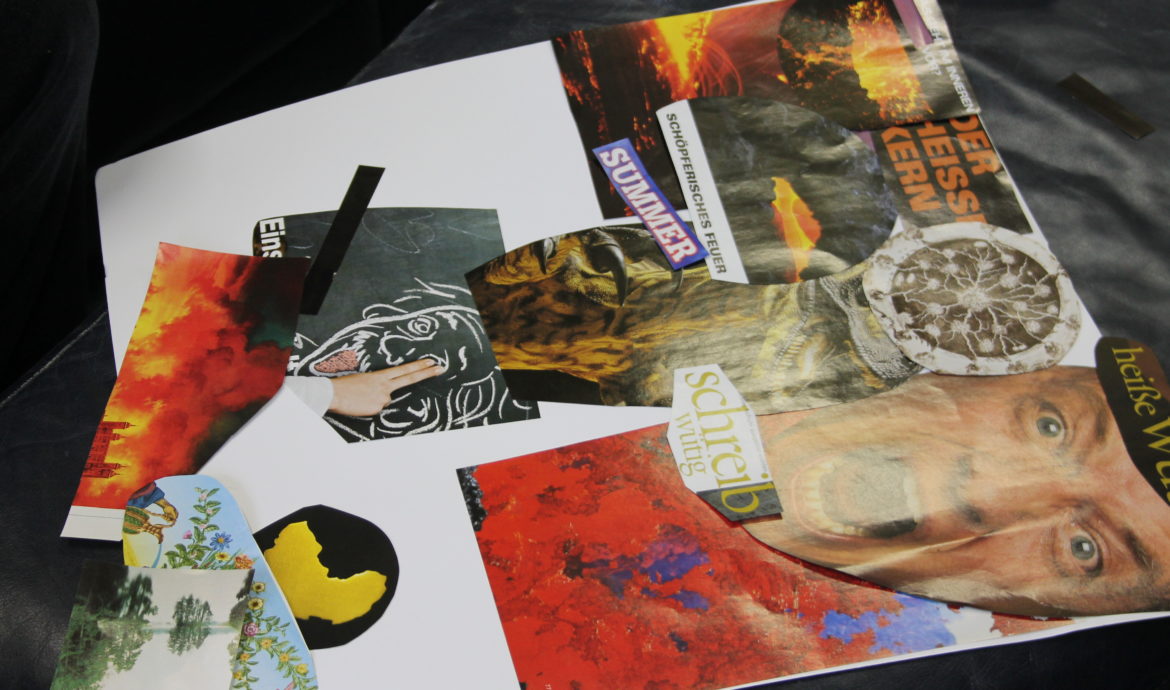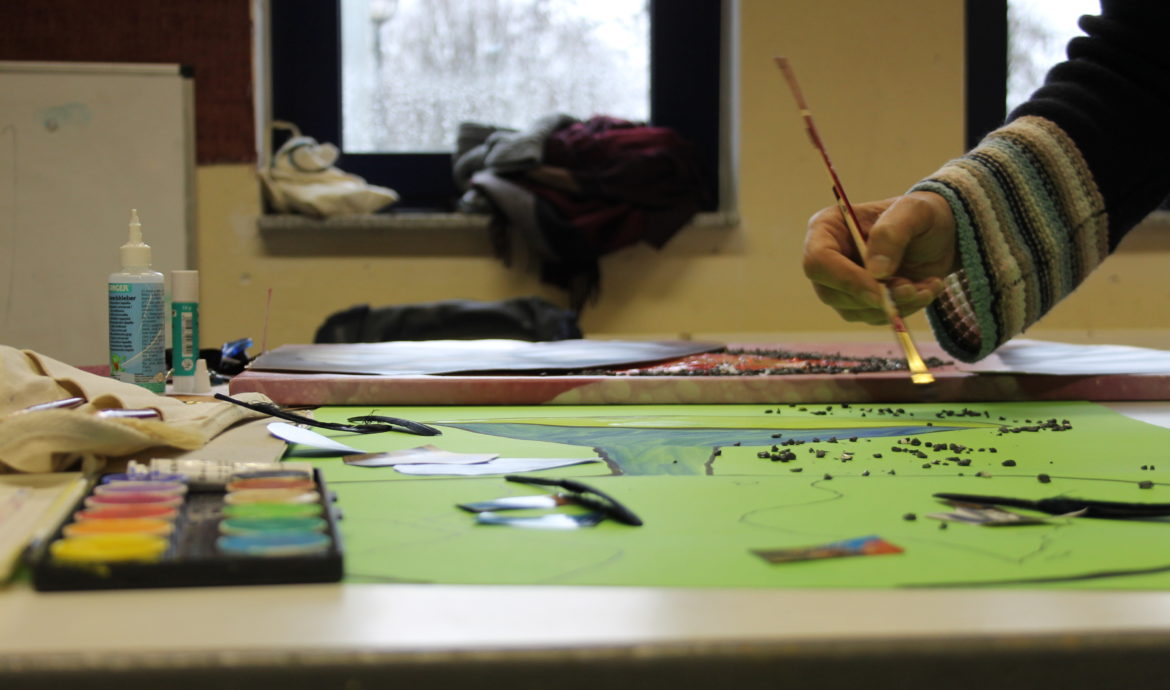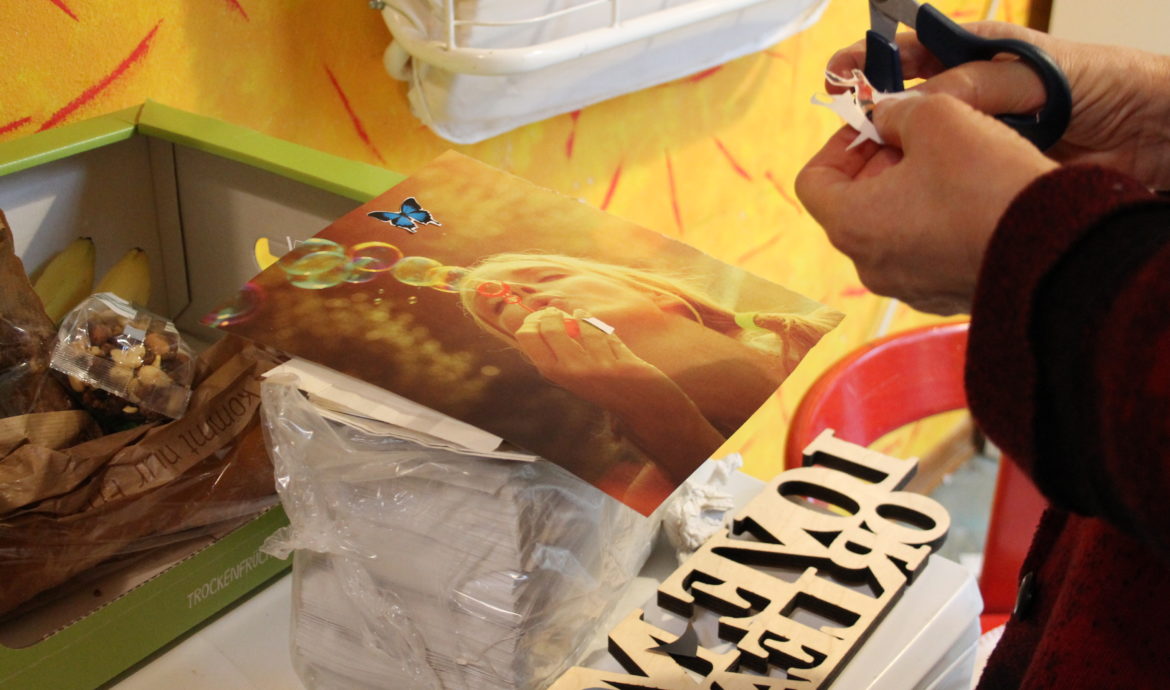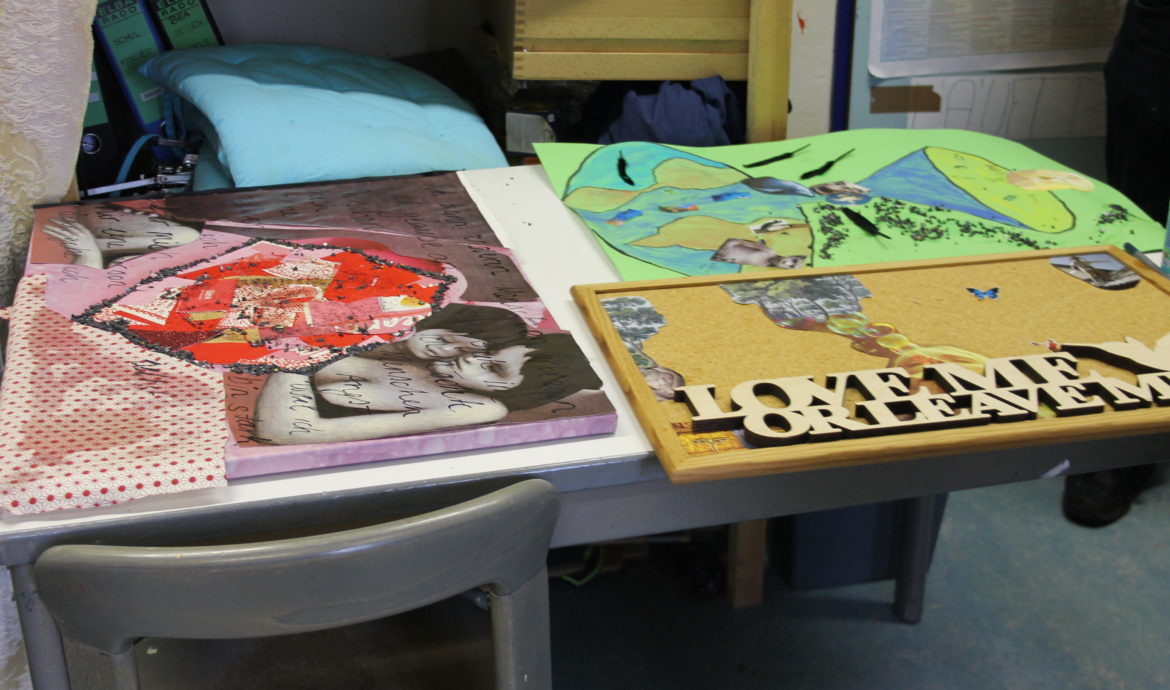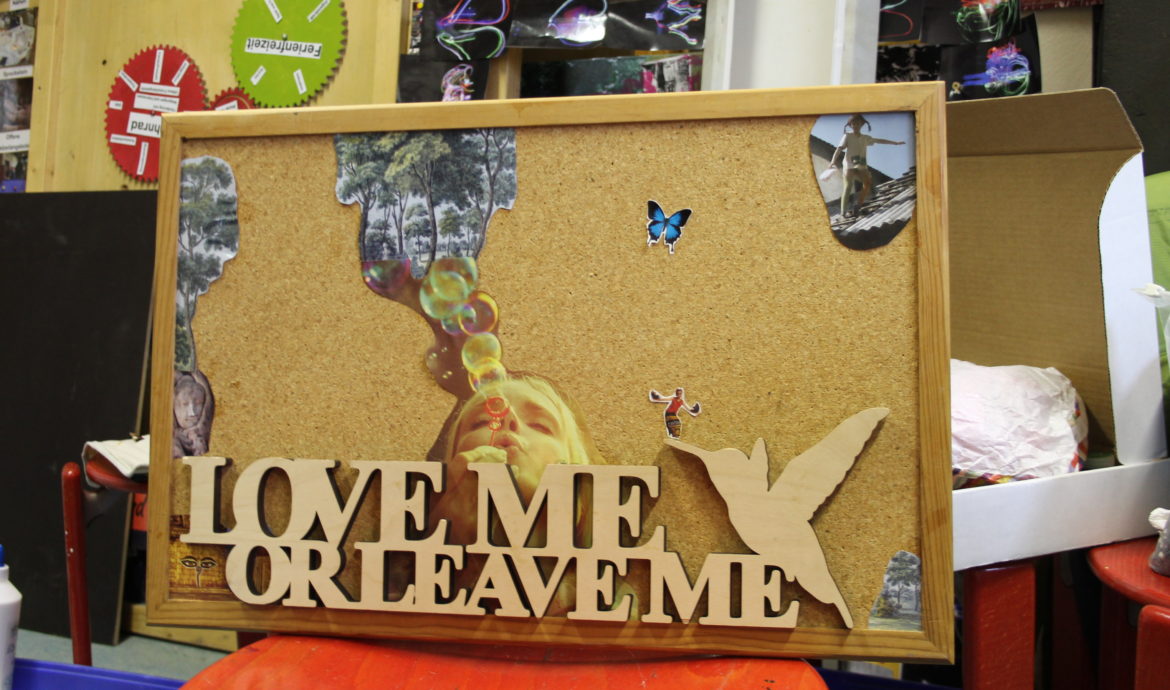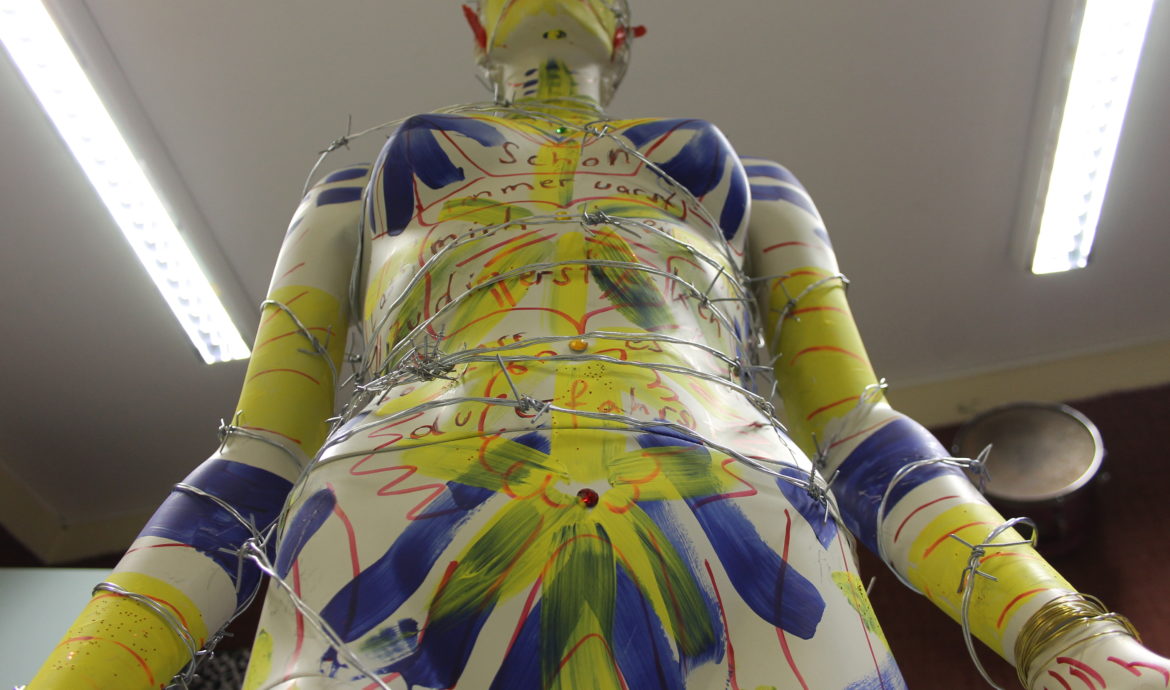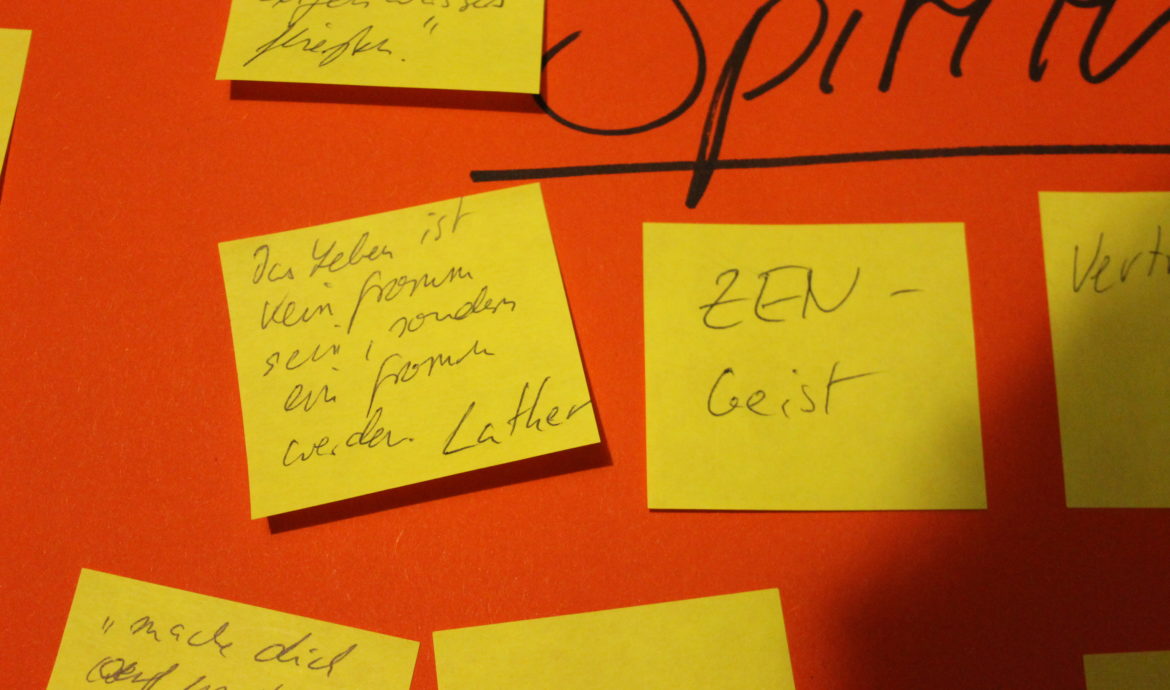“Life is crazy and meaningful at once… When you come to think about it, nothing has any meaning, for when there was nobody to think about it, there was nobody to interpret what happened. Interpretations are only for those who don’t understand; it is only the things we don’t understand that have any meaning.”
(Jung, 1954, CW 9, I: para. 65)
Be who you are and say what you feel
A medical statistic says one to two out of one hundred individuals worldwide experience a psychosis over the course of their lifetime. According to this statistic, 51 million individuals spread all over the globe currently live with a diagnosis of schizophrenia. Various research has been done on the interface of anthropology and psychiatry in the past (cf. Scheper-Hughes, 1982) and in contemporary times (cf. Jenkins, 2018). Van Dongen’s book World of Psychotic People (2004), which is based on her fieldwork in Saint Anthony’s psychiatric hospital in southern Netherlands, depicts the interaction between psychotic patients and their caregivers, and is a thick description of the psychotic experience within psychiatric institutions and the reality construction happening within the two parties involved considering respective cultural implications. However, Van Dongen (2004:219) concludes that in the encounter between patients and therapist little room is given to stories and subjective experiences of patients. In her almost three years of fieldwork in the psychiatric hospital of Saint Anthony’s, Van Dongen (ibid.) finally argues that the denial of the psychotic world impedes healing as it eliminates any possibilities of reflection on the various ways in which society and culture have an impact on the lives of psychotic people. Likewise, Jenkins (2018) and other scholars (cf. Kleinman, 2012; Good, 2012) advocate for more clinical approaches and research agendas that put the perspective of the first-person experience of psychosis in the spotlight. This includes “anthropological insistence on the primacy of subjective experience, the personal and cultural meanings of illness experience, and the legitimacy of defining problems and strategies in accord with the lived realities from those with first-person experience” (Jenkins, 2018:21). Jones, Kelly and Shattell’s article God in the brain (2016) pays attention to the narratives of psychotic people described on their own terms and with their own definitions, and aims to illustrate how personal sense-making occurs. Indeed, Van Dongen (2004) observed that psychotic people ‘wander between cultures’ and use ‘bricolage’ to find meaning for their experience. She (2004) argues that the psychotic world is not as disordered and unstructured as people might think.
“The dilemma for psychiatric practice is to find a balance between psychiatry as a branch of biomedicine and psychiatry as human healing. As long as the stories and voices of psychotic people continue to be ignored, this dilemma cannot be resolved by ongoing refinement of diagnosis or improved insights into processes of communication for mental health professionals.” (Van Dongen, 2004:220)
This research aims to give voice to individuals with psychotic experience in describing their subjective experience using their own understanding on their own terms and with their own definitions. I want to hear their stories of their subjective perception of the world in psychosis. In addition to this attempt, my research equally aims to explore how subjective sense-making of psychotic experience may empower individuals to overcome the boundary between oneself and society in the aftermath of psychosis, and thus to readapt and integrate to a life within society.
This research follows a hermeneutic-phenomenological point of view by depicting subjective sense-making and interpretations of psychosis. I conduct this research with a reflexive position on my role as an ethnographer, as a theory-maker, and as a person who experienced a psychosis myself. My research takes a critical stance towards essentialism and an absolute truth, and advocates for an interpretive position allowing research participants to actively shape the research process.
In this introduction, I have outlined the need for a person-centered ethnography in the field of psychological and psychiatric anthropology. Moreover, I have introduced the two main objectives of my research, which are depicting the subjective perception and understanding of the world in psychosis and analyzing how a personal understanding of psychosis may empower individuals to cope with their experience and give them agency to adapt and integrate back into a social structure that has marginalized them and labeled their experience as a ‘disorder’.
The research takes place in Germany and will be conducted over a period of three months (January 2020 – March 2020). Research participants are invited to elaborate their experience in whichever form they regard as most appropriate. This elaboration aims to represent their experience in order to make it tangible for others. During regular workshops, research participants come together to exchange ideas and craft their experience into objects. Below, I have included the flyer that was distributed in Germany to find participants.
Share your experience
– Teile deine Erfahrung
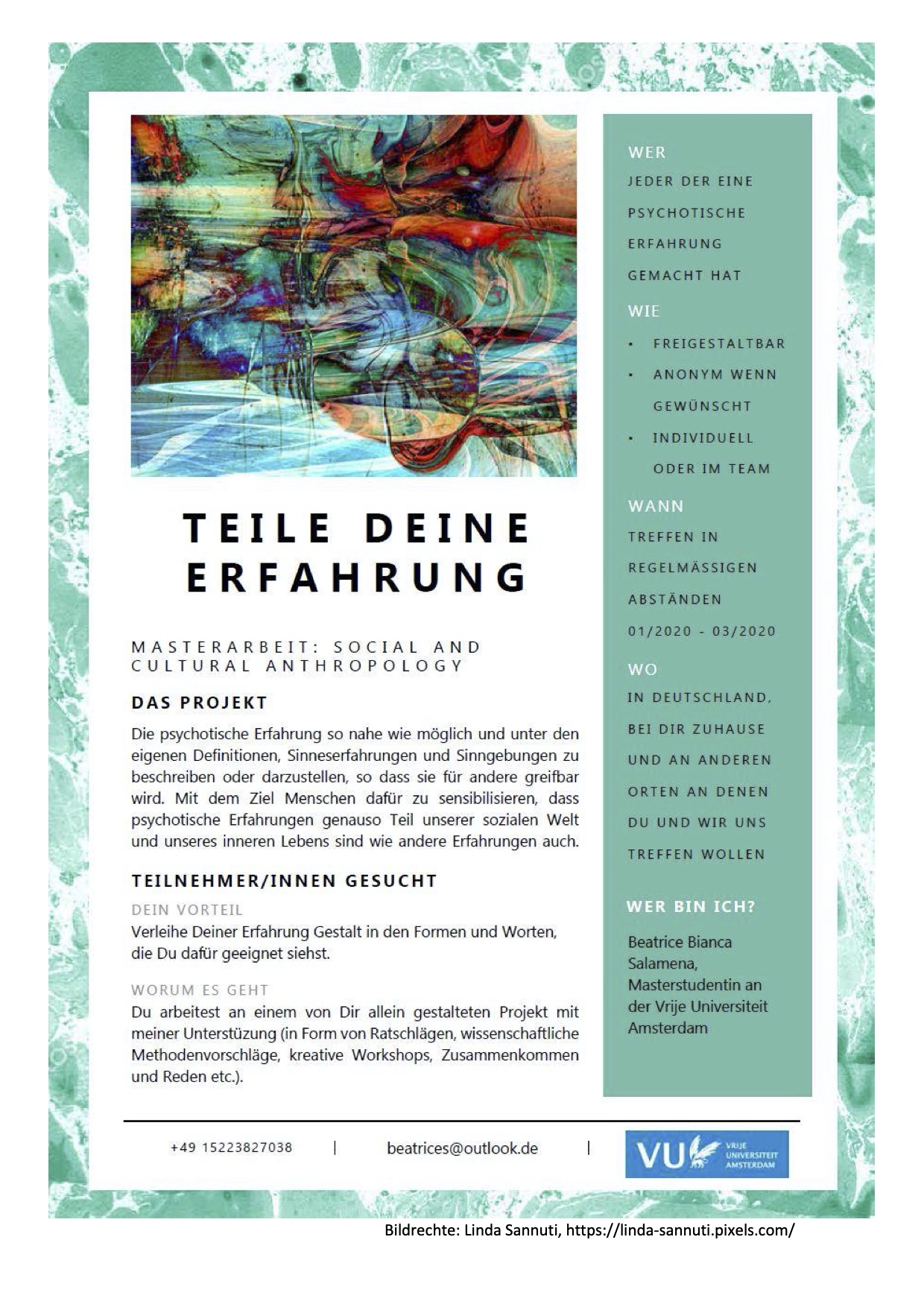
Impressions of the workshop
References
Good, B. J. (2012). Theorizing the ’subject‘ of medical and psychiatric anthropology. The Journal of the Royal Anthropological Institute, 18 (3), 515-535.
Jenkins, J. H. (2018). Anthropology and Psychiatry. A Contemporary Convergence for Global Mental Health. In Bhugra, D. & Bhui, K. (Ed.), Textbook of Cultural Psychiatry (pp. 18-34). Cambridge: Cambridge University Press. doi: 10.1017/9781316810057.
Jones, N., Kelly, T., & Shattell, M. (2016). God in the brain: Experiencing psychosis in the postsecular United States. Transcultural Psychiatry, 53(4), 488–505.
Jung, C. G. (1954). C. G. Jung, The Collected Works (CW), edited by Read, H. & Dr Fordham, M. & Dr Adler, G. . London: Routledge.
Kleinman, A. (2012). Medical Anthropology and Mental Health: Five Questions for the Next Fifty Years. In Horn, M. C. & Wentzell, E. A. (Ed.), Medical Anthropology at the Intersections: Histories, Activisms, and Futures (pp. 178-196). Duke University Press.
Scheper-Hughes, N. (1982). Anthropologists and the „Crazies“: Recent Works in Cultural Psychiatry. Medical Anthropology Newsletter, 13 (3), pp. 1-2+6-11. doi: 10.1017/S0001972000079572
Van Dongen, E. (2004). Worlds of Psychotic People. London and New York: Routledge. doi: 10.4324/9780203506257


